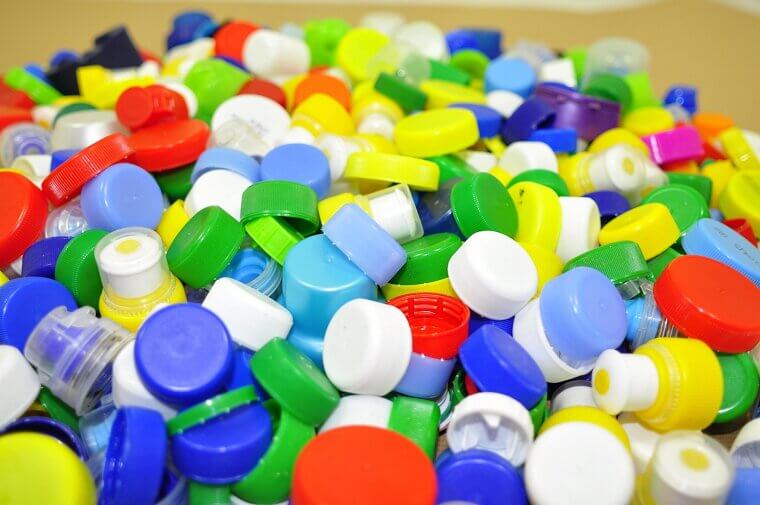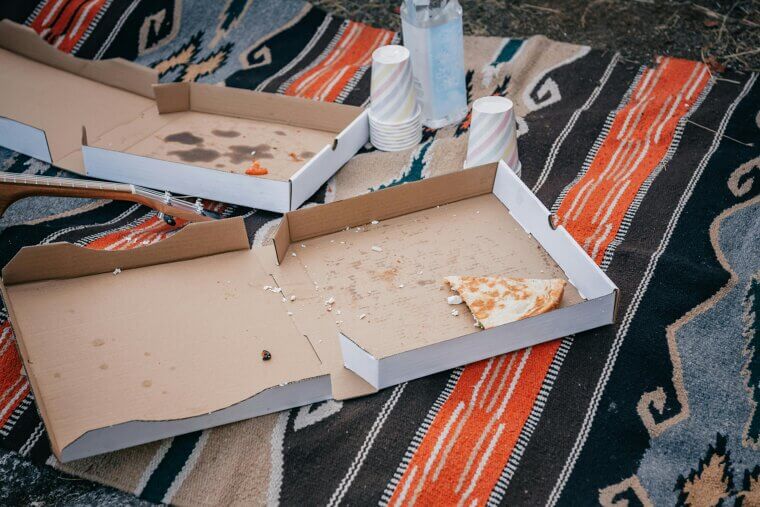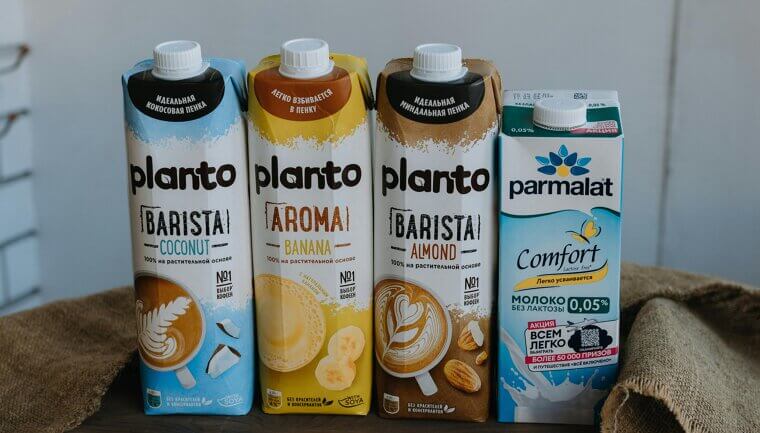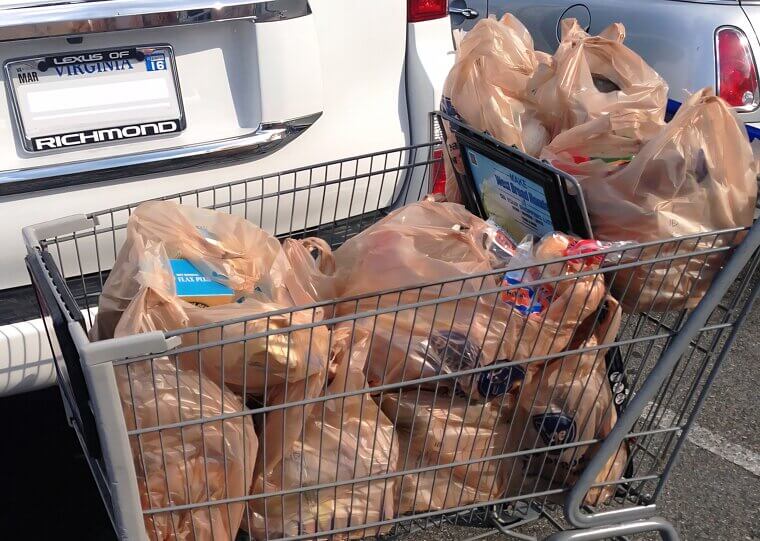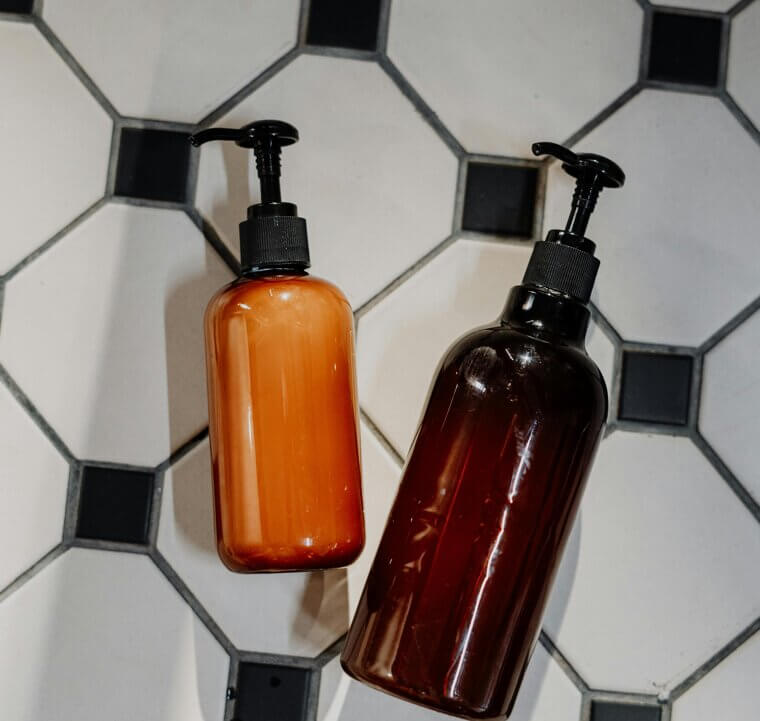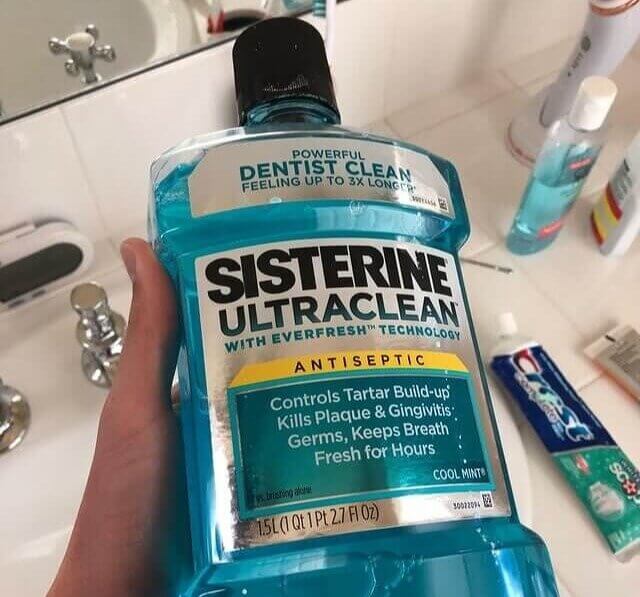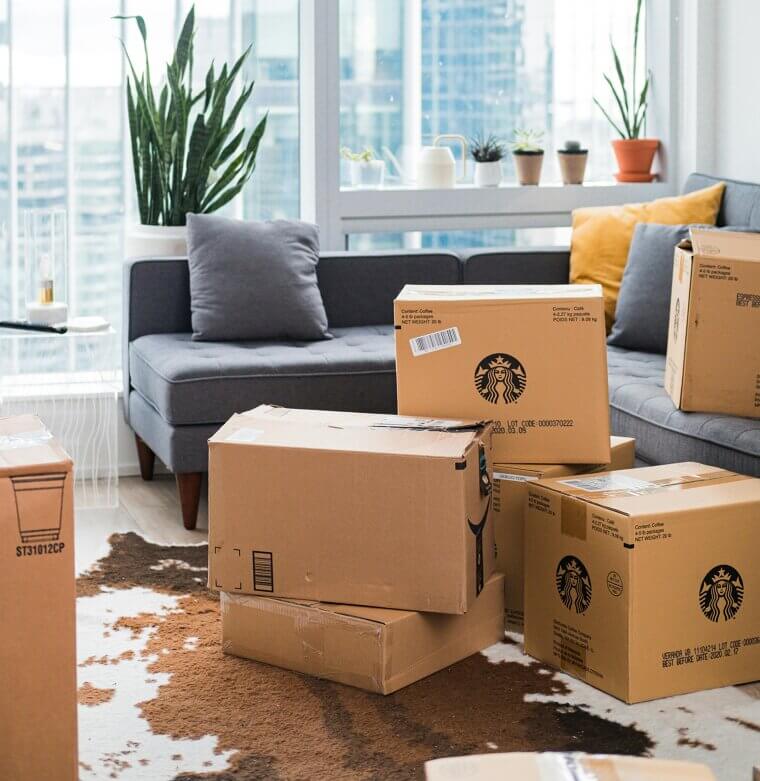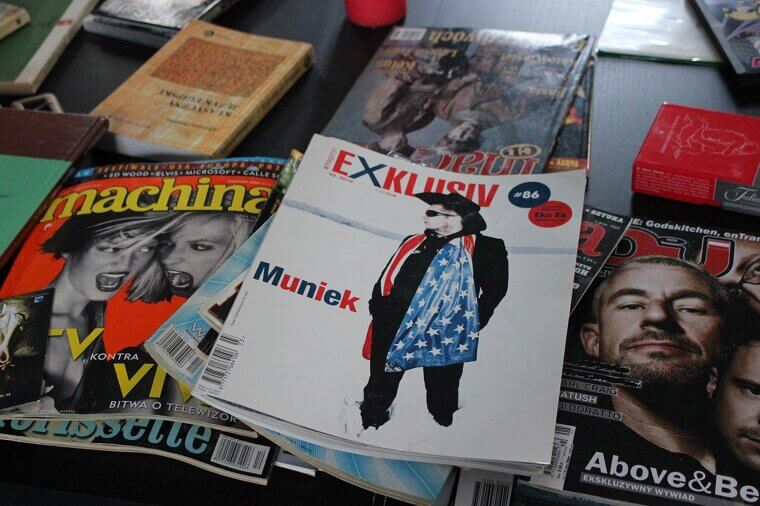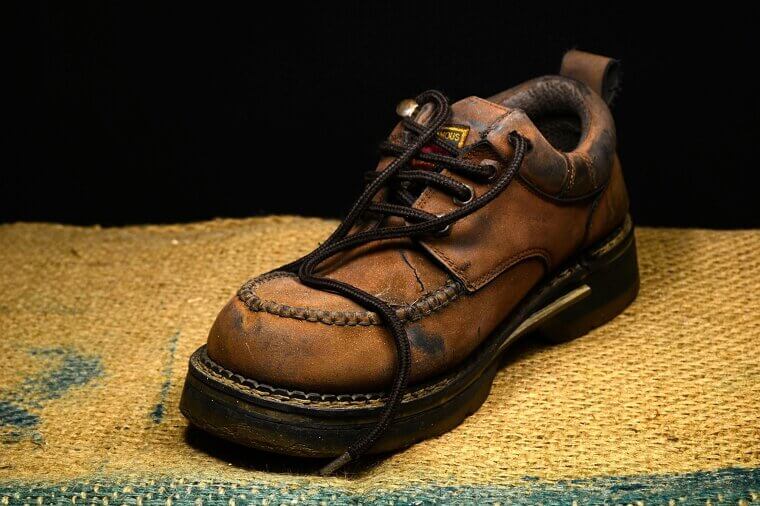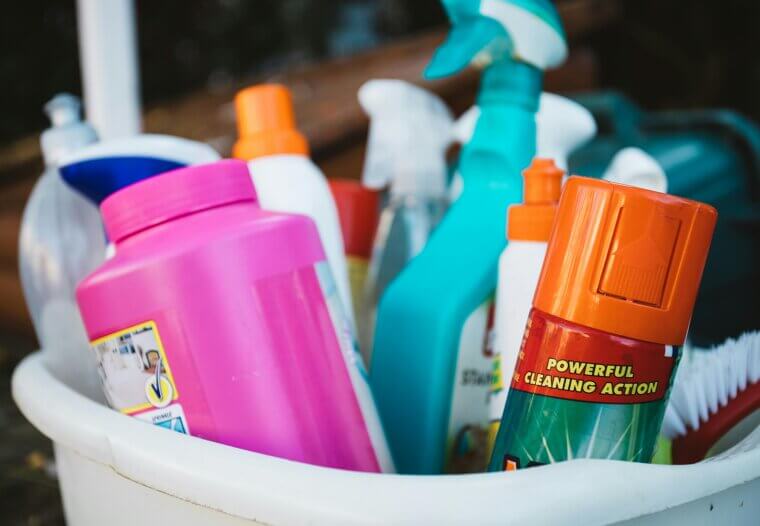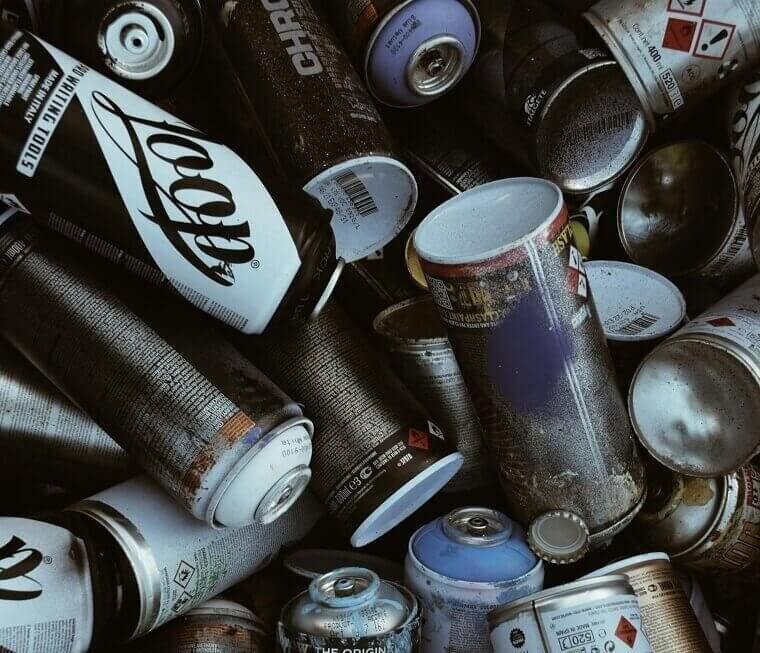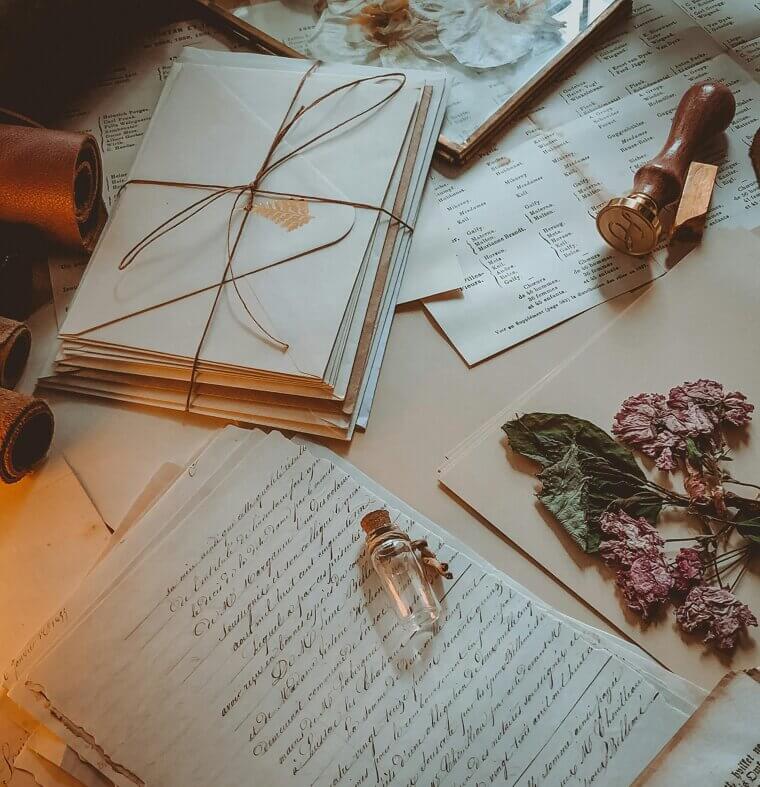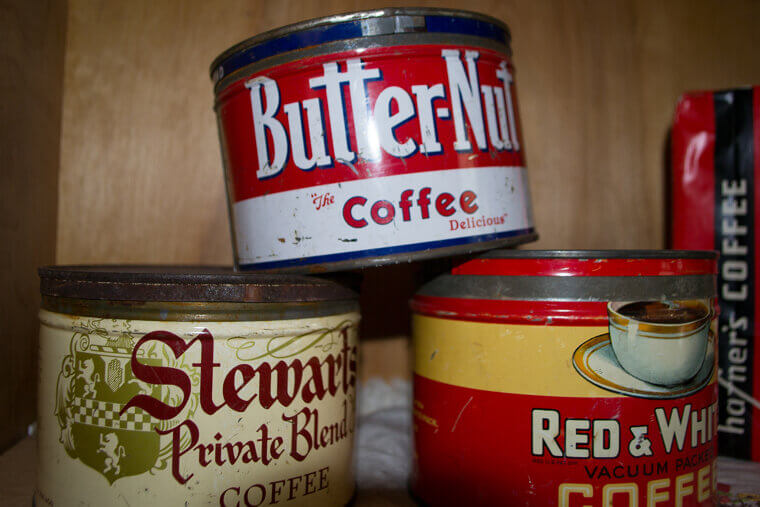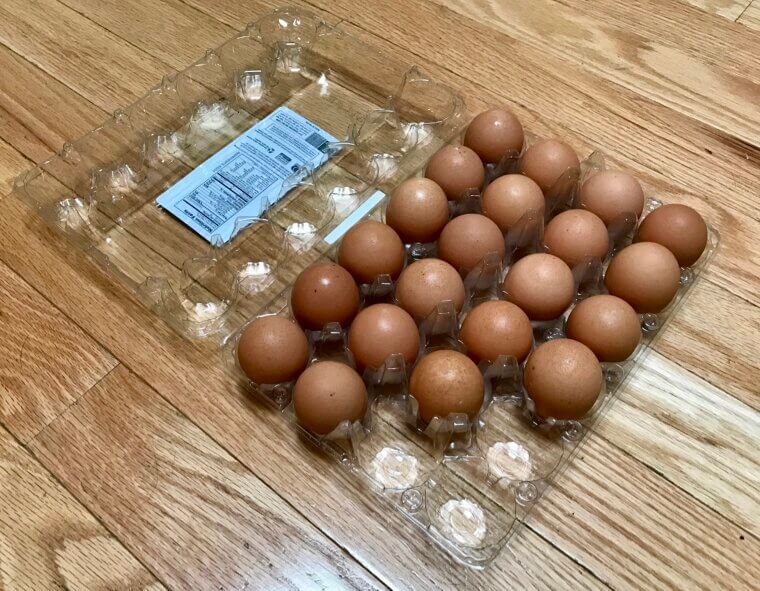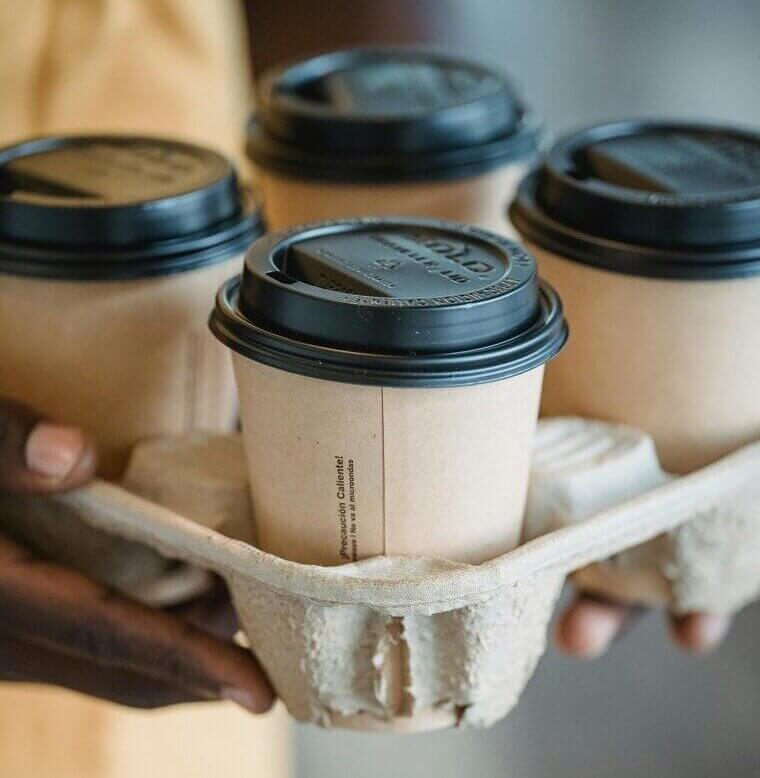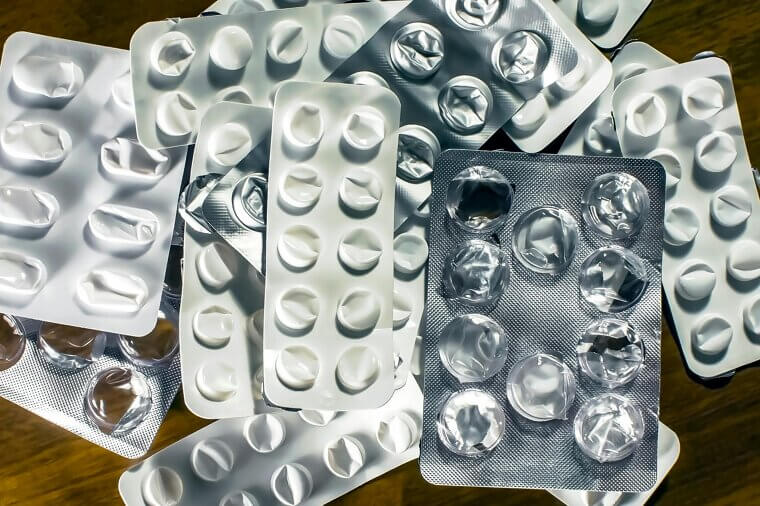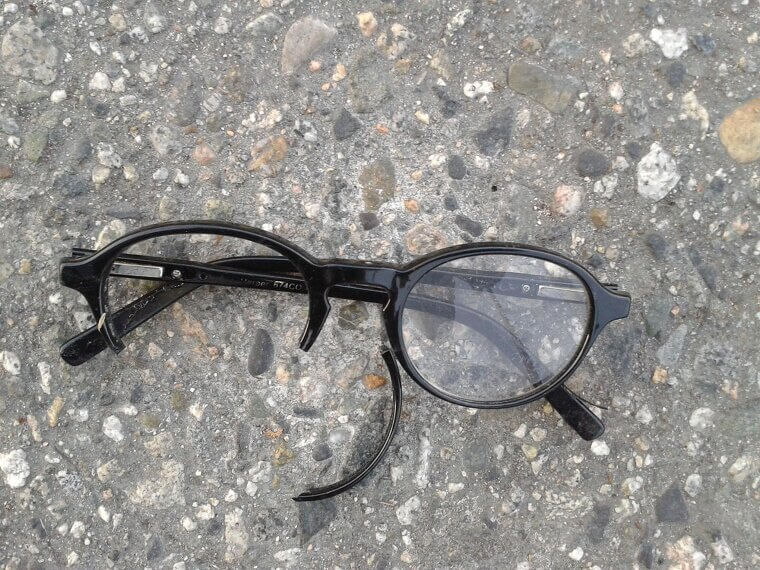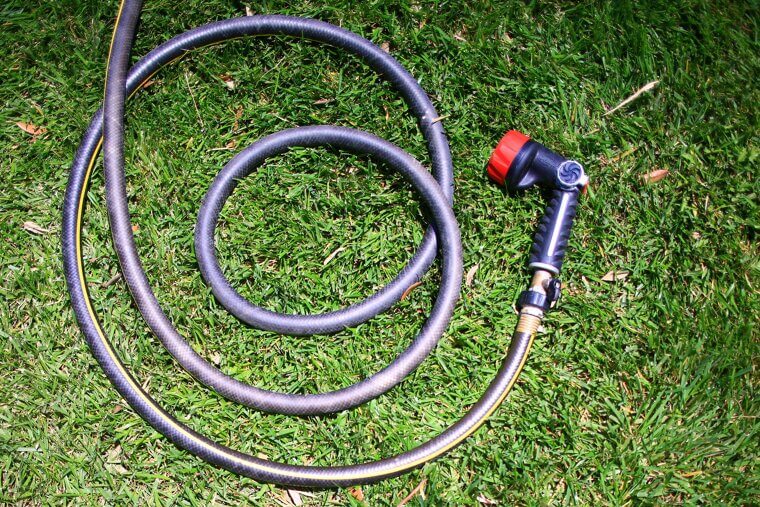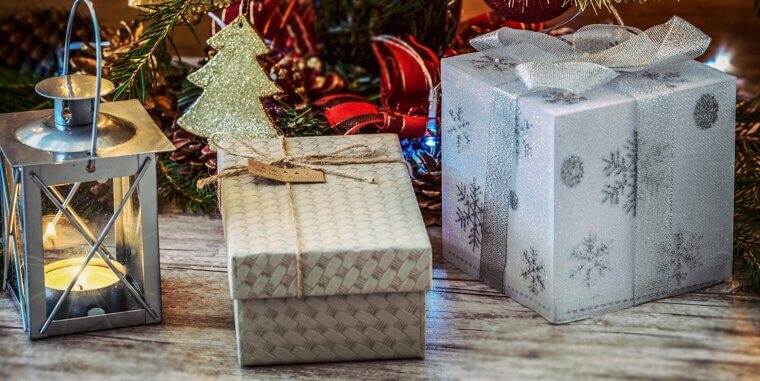Recycling Plastic Bottles Correctly
Plastic bottles are a staple in many households, but are you recycling them correctly? Many people don't realize that rinsing bottles before recycling is crucial. Residual liquids can contaminate entire batches of recyclables. Additionally, bottle caps should be attached, as they are often made of different materials. Crushing bottles can save space, but check local guidelines first. Proper recycling ensures these plastics are repurposed instead of polluting landfills.
By following these simple steps, you can ensure plastic bottles are recycled effectively. Small changes in our habits can make a significant impact on reducing landfill waste.
Pizza Boxes: The Greasy Recycling Dilemma
Pizza boxes are a common household item often mistakenly thrown into recycling bins without a second thought. However, the greasy residue and food bits typically left behind can contaminate whole batches of recyclables. While the clean parts of the box are recyclable, the soiled sections should be disposed of in the trash. To recycle pizza boxes correctly, separate the clean cardboard and only recycle those parts. Understanding this simple tip can greatly reduce landfill waste.
Remember, only clean cardboard can be recycled. Next time you finish your pizza, check the box before tossing it in the recycling bin.
Recycling Tetra Paks Correctly
Many people don’t realize that Tetra Paks, often used for beverages, aren’t just cardboard. They’re multi-layered with materials like plastic and aluminum, making them tricky to recycle. Not all recycling centers accept them, so it’s important to check local guidelines. Rinse them thoroughly to remove any residue before recycling. By doing so, you prevent contamination and ensure they can be processed properly, reducing landfill waste.
Ensure your Tetra Paks are clean and properly sorted to contribute effectively to recycling efforts. Check local guidelines to confirm acceptance and processing details for these common household items.
Plastic Bags: A Recycling Challenge
Plastic bags are a common household item that often go unrecycled due to confusion about proper disposal methods. Many consumers mistakenly toss them in regular recycling bins, leading to issues at recycling facilities. These bags can jam machinery, causing costly delays. Instead, look for dedicated collection bins at local grocery stores, where they can be properly recycled. Remember, keeping them out of landfills starts with the right disposal practices.
By recycling plastic bags correctly, you help reduce environmental impact. Consider reusing or finding specialized recycling centers to ensure proper processing.
Upcycle Your Bathroom Bottles
Bathroom bottles, like shampoo and conditioner containers, are often tossed without a second thought. Many people don’t realize these can be recycled or upcycled to reduce waste. Before disposing of them, rinse thoroughly to remove any residue. Some local recycling programs accept these bottles, but check for specific guidelines in your area. Alternatively, consider repurposing them for homemade cleaning solutions or as plant watering containers. Little efforts make a big difference.
Rethinking how you handle bathroom bottles can significantly impact reducing landfill waste. By recycling or upcycling, you contribute to a cleaner planet and promote sustainable living.
Beauty Product Packaging You Might Be Tossing Incorrectly
Many beauty product containers, like those for creams or serums, are often overlooked when it comes to recycling. These containers may seem insignificant, but they add up quickly. The first step is to check if the container is recyclable, typically indicated by a symbol. Ensure it's cleaned out before recycling to prevent contamination. If the packaging includes multiple materials, separate them accordingly. Properly recycling these items helps reduce landfill waste.
By recycling beauty product packaging correctly, we can significantly reduce environmental impact. Small efforts can lead to big changes in waste management. Keep recycling habits strong!
Mouthwash Bottles: Rinse, Recycle, Repeat
Mouthwash bottles are commonly found in bathrooms, yet many people overlook how to recycle them properly. Start by ensuring the bottle is completely empty. Rinse it thoroughly to remove any residue, and then check the label for recyclable symbols. Most plastic mouthwash bottles are recyclable, but caps often need to be separated. By taking these steps, you help reduce landfill waste and promote more sustainable practices.
Recycling mouthwash bottles is a simple yet effective way to minimize waste. Remember to rinse, check labels, and separate components for proper recycling. Make a positive change today!
Cardboard Boxes: Are You Recycling Them Right?
Cardboard boxes are a staple in any home, especially after a move or a big online shopping spree. However, they often end up in the trash when they could be recycled. Before recycling, remove any packing tape and flatten the boxes to save space. Ensure they're dry and clean to avoid contamination in the recycling process. Recycling cardboard correctly contributes significantly to reducing waste in landfills.
Make recycling cardboard a habit and encourage others to do the same. Proper recycling of these boxes can greatly impact waste reduction.
Recycling Magazines: What You Need to Know
Magazines are often overlooked when it comes to recycling. Many people assume they can be tossed in with regular paper recycling, but that's not always the case. Due to the glossy finish and colorful inks, they sometimes require special handling. Check with your local recycling program to see if they accept magazines or if they need to be dropped off at a specific location. Proper recycling can help reduce waste significantly.
By taking a few extra steps, you can ensure your magazines are recycled correctly and contribute positively to environmental sustainability. It's easy to make a big difference!
Recycling Your Old Shoes the Right Way
Worn-out shoes are often tossed in the trash, but they can be recycled or repurposed instead. Many people don't realize that shoes contain recyclable materials like rubber, fabric, and leather. Instead of adding to landfill waste, consider donating gently used shoes or finding a local recycling program for damaged pairs. Some manufacturers even offer recycling services for their products. By recycling shoes properly, you contribute to a more sustainable environment.
Don't let old shoes end up in landfills. Explore local donation centers or recycling programs to give them a second life, and help reduce waste in your community.
Cleaning Product Containers: Are You Recycling Them Right?
Many of us overlook the recycling of cleaning product containers. These plastic bottles and sprayers often end up in landfills, contributing to environmental damage. To recycle them properly, ensure they are empty and rinsed. Check the recycling symbols to confirm they’re accepted in your local program. By taking these extra steps, you can significantly reduce waste. Let’s be more conscious of how we dispose of these everyday items.
Taking a moment to recycle these containers correctly makes a big difference. Let’s keep our environment cleaner by being mindful of our recycling habits.
Aerosol Cans: Recycling Missteps You Might Be Making
Aerosol cans are commonly found in households, but many people discard them improperly. Whether it's hairspray, deodorant, or cooking spray, these cans are often tossed without a second thought. It's crucial to ensure they're completely empty before recycling, as contents can be hazardous. Many recycling programs accept them, but check local guidelines first. Proper disposal prevents dangerous leaks and supports environmental sustainability. Be mindful and recycle correctly.
Remember, every aerosol can recycled correctly counts. Empty them completely, remove the plastic caps, and follow local recycling guidelines. Small steps significantly impact reducing waste and protecting our planet.
Recycling Paper Products Properly
Old letters, notes, and paper documents can pile up over time, often ending up in the trash. However, these paper products are easily recyclable if handled correctly. Before recycling, remove any non-paper elements such as staples, ribbons, or wax seals. Ensure the paper is clean and dry to prevent contamination in the recycling process. By taking these simple steps, you can help reduce waste and support the environment.
Remember, recycling paper correctly makes a big difference. Every small effort counts in reducing landfill waste and promoting sustainability.
Recycling Old Coffee Tins the Right Way
Old coffee tins often end up in the trash instead of the recycling bin, contributing to unnecessary landfill waste. These metal containers are fully recyclable, yet many people aren't aware. Before recycling, make sure to clean them thoroughly to remove any residue. Some recycling centers prefer that lids be removed, so check local guidelines. Repurposing these tins for storage is another great option if recycling isn't available.
Don't let these coffee tins go to waste. Clean, recycle, or repurpose them to make a positive environmental impact. Small changes can lead to significant results.
Egg Cartons: More Than Just Packaging
Egg cartons often end up in the trash, but they are a versatile item that can be recycled or reused in numerous ways. While many people focus on the eggs themselves, the packaging is just as important to consider. Plastic egg cartons can be recycled in many curbside programs. It's crucial to check the recycling symbol to ensure correct disposal. By recycling these containers, we contribute to a more sustainable environment.
Instead of discarding them, consider turning egg cartons into craft projects or seed starters. Thoughtful recycling and upcycling can make a significant difference.
Coffee Cups and Carriers: Recycling Tips You Need to Know
Disposable coffee cups and their carriers are often overlooked in recycling efforts. Many people assume they're completely recyclable, but that's not always the case. The cups often contain a plastic lining that must be separated before recycling. However, the cardboard carriers are usually recyclable. By taking a moment to understand these nuances, you can ensure that these everyday items are disposed of properly and don’t end up in landfills unnecessarily.
Next time you enjoy a coffee on the go, remember to check if your cup and carrier are recyclable. Small actions can lead to significant environmental impacts.
Blister Packs: Often Overlooked in Recycling
Blister packs, commonly used for pills and other small items, are frequently tossed in the trash without a second thought. Many people mistakenly believe these items aren't recyclable due to their mixed materials—plastic and foil. However, specialized recycling programs do exist for them. It's important to separate blister packs from regular recyclables and locate a facility that accepts them. Recycling these can significantly reduce landfill waste.
Consider searching for local recycling centers or mail-in programs that accept blister packs. By taking this extra step, you're contributing to a more sustainable environment and reducing unnecessary waste.
Recycling Your Old Eyeglasses
Old eyeglasses often end up forgotten in drawers or tossed away, but they can be recycled in meaningful ways. These glasses contain materials like metal and plastic, which can be reused if processed correctly. Instead of discarding them, consider donating to organizations that refurbish and distribute them to those in need. Many opticians also have recycling programs to ensure proper handling. Let's give these vision aids a second life.
By recycling your old eyeglasses, you're reducing waste and helping someone in need. Check with local opticians or charities for recycling options.
Garden Hoses: A Recycling Challenge
Garden hoses are a household item often overlooked when it comes to recycling. Many people mistakenly toss them in the recycling bin, thinking they're made of recyclable materials. However, hoses can actually tangle recycling machinery, causing significant issues at recycling facilities. Instead, consider repurposing them around the house or check with local waste management for proper disposal options. Being mindful of how we dispose of hoses can make a big difference.
Consider donating old hoses to community gardens or using them for DIY projects. Proper disposal ensures they don’t end up in landfills or disrupt recycling processes.
Gift Wrap and Boxes: Are You Recycling Them?
Many people overlook the recyclability of gift wrap and boxes. Glittery or metallic paper often ends up in the trash, yet most of it can be recycled. Before tossing wrapping paper, check if it's recyclable by performing a simple scrunch test. If it stays scrunched, it can likely be recycled. Cardboard gift boxes are also recyclable, as long as they’re free of tape and decorations. Keep the holiday spirit green!
By recycling gift wrap and boxes correctly, you can significantly reduce waste. This simple action helps keep the environment cleaner during festive times.

